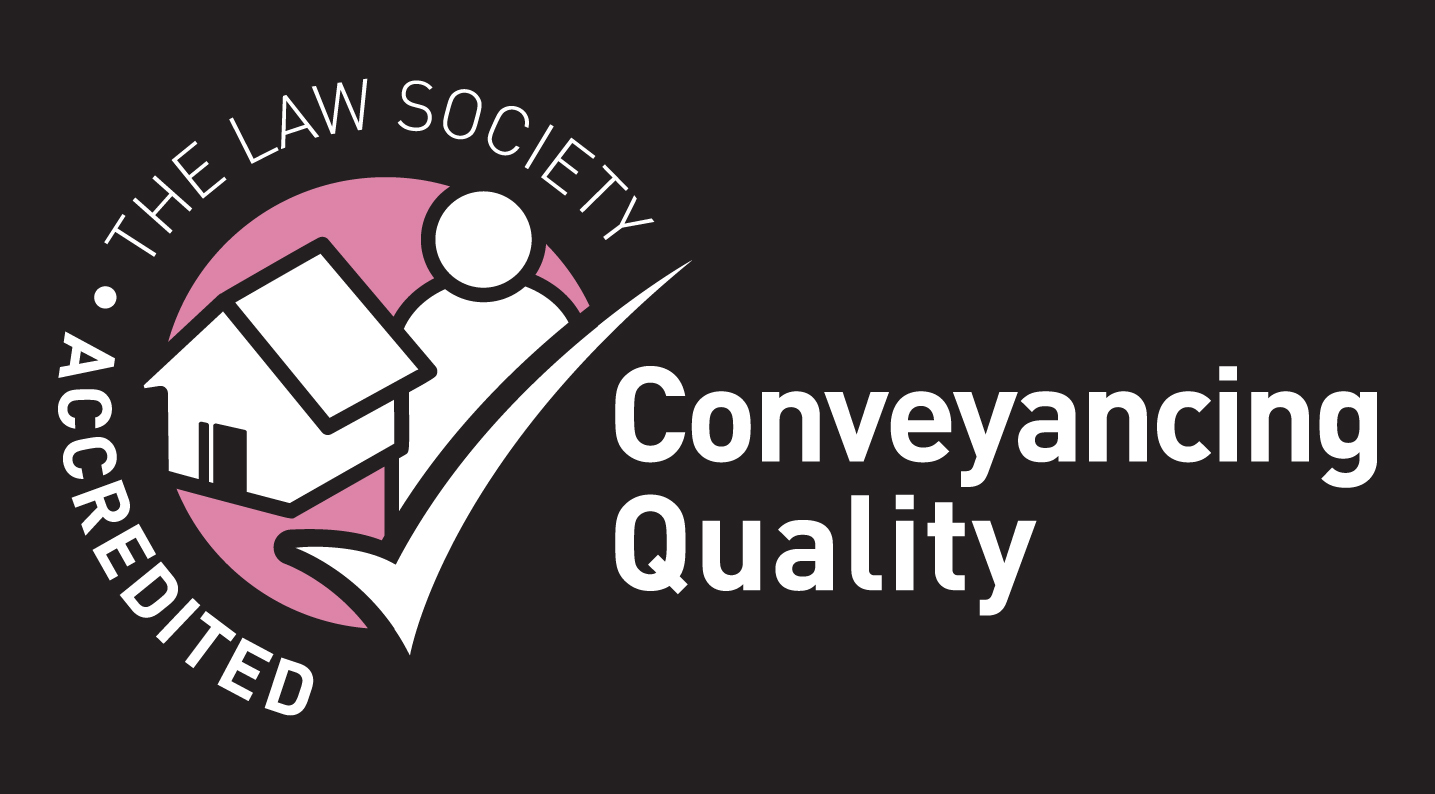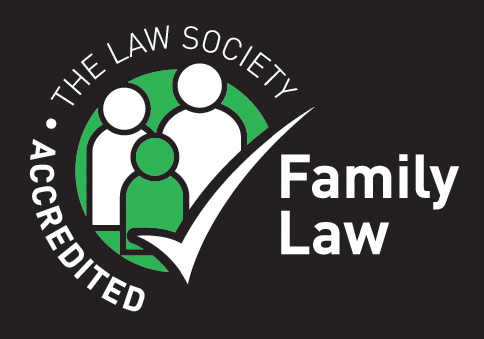Submitting a Judicial Review is how members of the public can challenge the lawfulness of decision made public bodies. In the field of immigration, a Judicial Review can be submitted where the refusal of an application does not grant the applicant an automatic right of appeal. It can also be taken where all appeal rights have been exhausted. In an immigration context, Judicial Review is a remedy available in the Upper Tribunal or in the Administrative Court (part of the High Court). It is a remedy designed to keep a check on any public body carrying out a public decision-making function. It might be the Home Office, one of the Upper Tribunals, a local authority or an Ombudsman.
Call us on 0207 100 2525 for immediate help & assistance with your situation.
We’re here to help you in person, via the phone or online.

The Judicial Review process is one of the primary ways in which the courts ensure that the Government and its agencies use the powers that they have both lawfully and reasonably. This very process emphasises the Court’s wide-ranging power within British jurisdiction. It can quash a decision, grant an injunction, or even award damages. What the Court is looking for, in order for it to grant a remedy is either: illegality, irrationality or unfairness in a decision reached.
If your application is refused without a right of appeal or one that can only one exercised once you have left the UK, it may be possible to challenge this by way of judicial review.
As well as being used to challenge decisions made by the Home Office, judicial review can also be used to challenge decisions made by the First-Tier Tribunal.
Before making a claim for judicial review you should also consider your other options. Judicial review is different to an administrative review or appeal, a judicial review cannot be used to determine whether your case is right or wrong it can only be used to determine whether the process used to reach the decision in question was lawful.
Appeals and reviews of decisions made by the Home Office can be complex and seeking the advice and assistance of an immigration specialist is highly recommended.
Grounds for judicial review relate to the procedure surrounding a decision taken by a public body or the substance of that decision. Broadly, there are three main grounds for a judicial review:
This is a very broad ground for review and covers a wide range of possible abuses by public authorities. When public authorities act outside of their legal authority, they are acting ultra vires.
Where there is reason to believe a public body has acted unfairly. This could be in the decision or action it has taken, the process followed, the circumstances that were considered when reaching a decision or a breach of promise following a decision
Lord Diplock explained that irrationality means unreasonableness, where the decision reached by the public body is unreasonable, perverse or disproportionate.
Time is everything in a Judicial review. The Claim Form must be filed with the Upper Tribunal/Administrative Court promptly and in any event not later than three months after the grounds upon which the Claim is based first arose (CPR Part 54.4).
Before one submits a substantive review, it is necessary to submit a pre-action protocol. This details the skeletal facts of the case and is essentially a form of mediation. It seeks to settle the matter before the case goes to the courts. A Pre-Action Protocol letter sent to the opponent(s) in a set form provided under the Court Practice Rules. The Protocol sets out a code of good practice designed to avoid unnecessary litigation and wasted legal costs. The letter should ideally give 14 days’ notice to the other party wherever possible.
A judicial review application has several stages. The first stage is the initial application (UTIAC1). The fee for the initial application is £154.
Depending on whether your initial application is successful and what happens next, you will have to pay additional fees. If permission is granted the fee for a final hearing is £770.
You can pay fees by:
You may be eligible for help with fees.
If the Court hearing a Judicial Review case grants the Application, there are six possible remedies:
Quashing Order – striking out the original decision, and requesting the public body to take the decision again, lawfully;
Mandatory Order – ordering the Public Body to do something it has to do;
Prohibiting Order – forbidding the Body from doing something unlawful in the future;
Declaration – for example declaring that a legislative provision is incompatible with the Human Rights Act;
Injunction – a temporary remedy pending the hearing of the full Application for Judicial Review;
Damages – may be available, particularly where there has a been a breach of an individual’s rights under the Human Rights Act
What is important to stress regarding this area of law is that when one is submitting a Judicial Review one is not seeking to review the merits of the decision. Instead, one is seeking to question the manner in which that decision was reached. Only the most experienced immigration solicitors in London have the ability to submit such reviews as it requires considerable expertise in this field of law. Our immigration solicitors have challenged many decisions of the Home Office through this means and the successes of our clients is testament to our ability when doing so.
When submitting a Judicial Review, it is fundamental that you receive the best and most comprehensive immigration advice to deal with all elements of your claim. Our team have supported clients from London and beyond to protect their rights against the unlawfulness of a Home Office decision
Copyright © 2023 Adam Bernard Solicitors. This Firm is Authorised & Regulated by the Solicitors Regulation Authority SRA NO: 598171, 656730.





